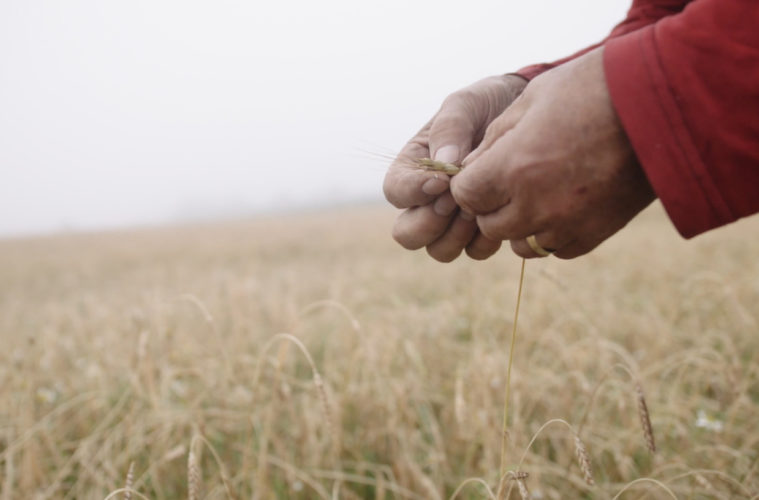
Discover a world of food on film at the Exeter Phoenix with a compilation of documentaries, features and shorts from around the world, scheduled across four seasons.
Each season will explore food from a different social, cultural or political angle, to discover how it shapes the world around us – our identities, livelihoods and planet. Screenings will be accompanied by talks, workshops and events hosted by food researchers and producers, and there will be plenty of opportunities to get hands on with making and tasting.
Food on Film is delivered in partnership with the Exeter Food: A University Research Network and the MA Food Studies
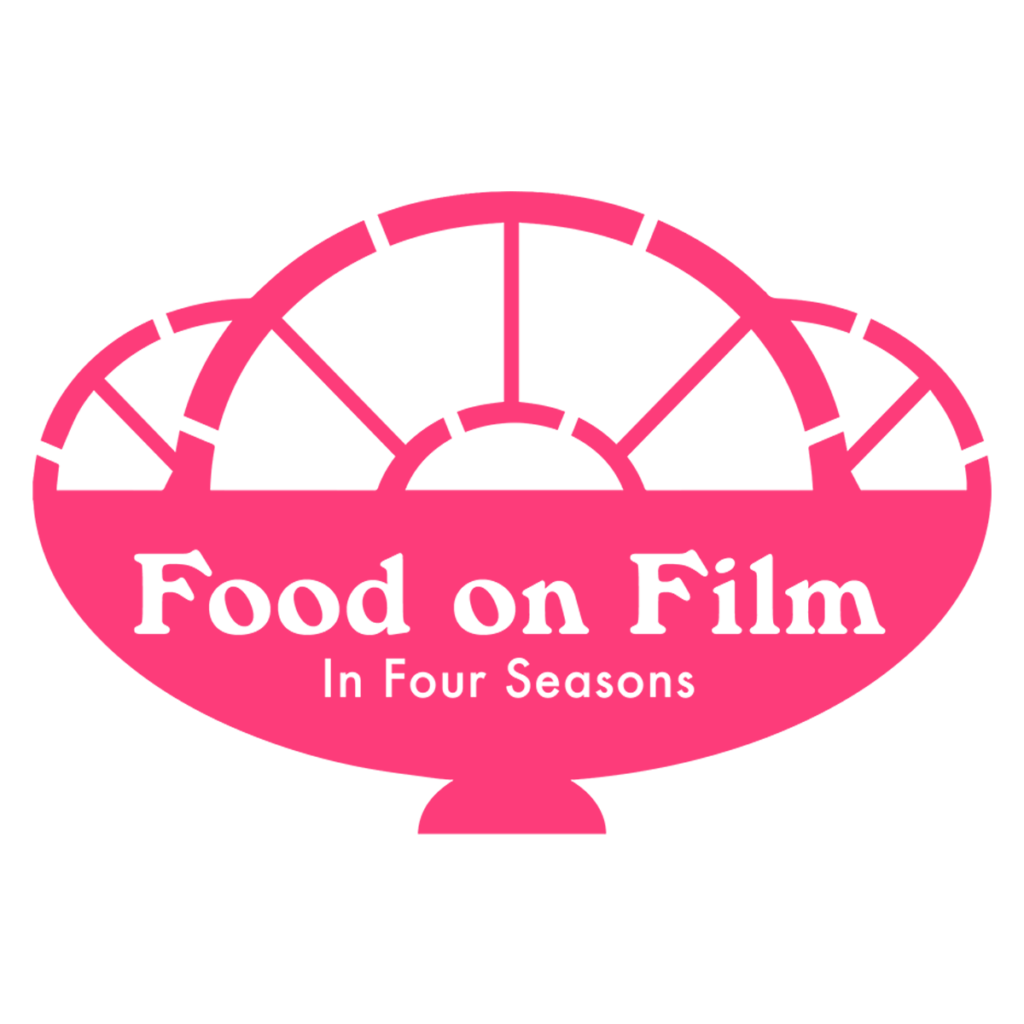
SEASONS

In the spring season we’re thinking about sustainable and unsustainable practices, from how we grow our food and look after the land to how we treat other animals or each other.

In the winter season we’ll be taking a closer look at the life and art of the chef.
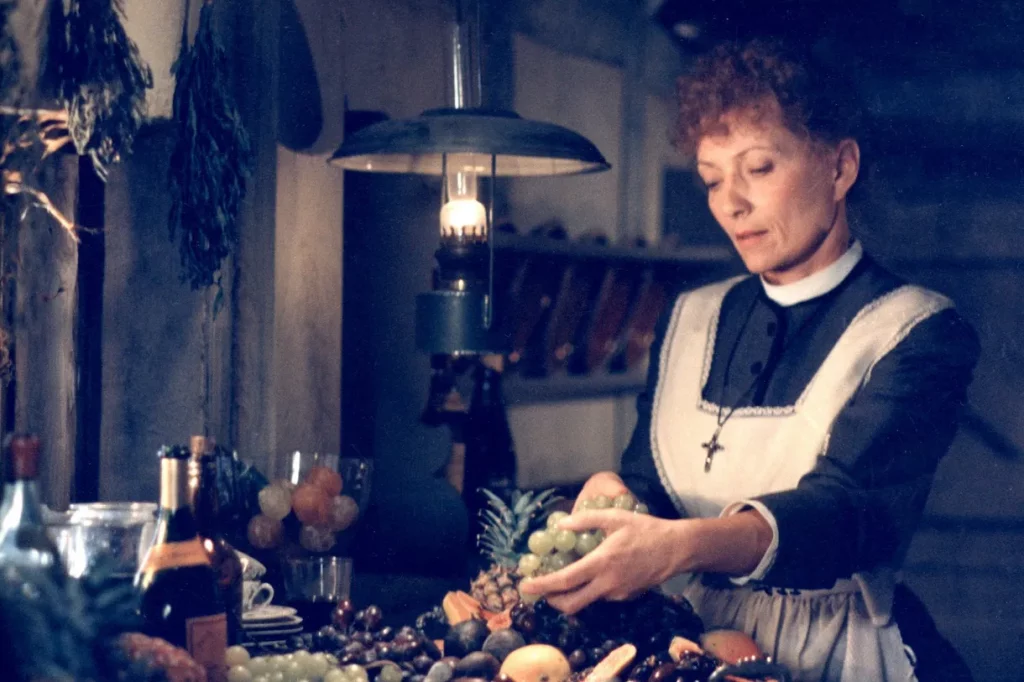
As part of the HARVEST FESTIVAL at the Exeter Phoenix, Food on film in Four seasons will look at excess and abundance through the lens of harvesting, food waste and feasting.
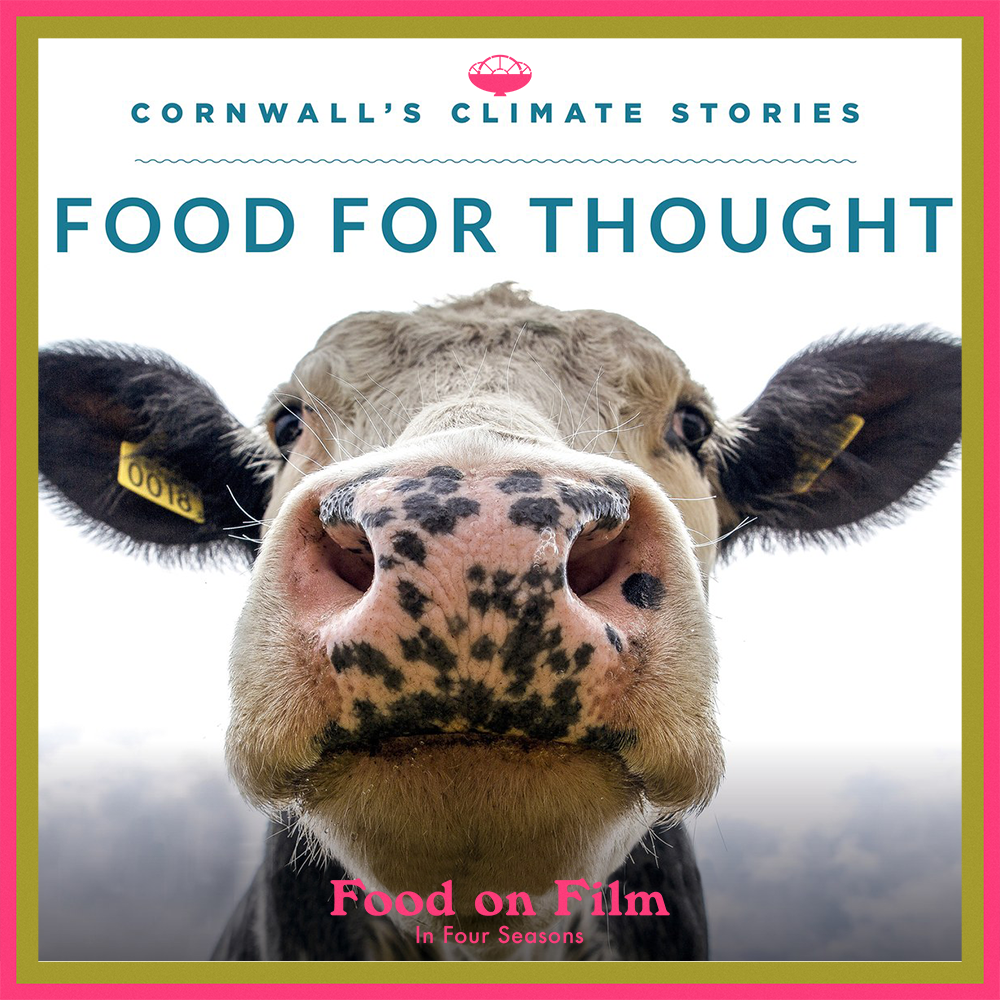
In recent years, more and more people have been asking questions about meat – its ethics, sustainability and alternatives. In this season we start to unpack the ‘meat debate’.

In the spring season we will be looking at working together to make, grow, buy and campaign about food.
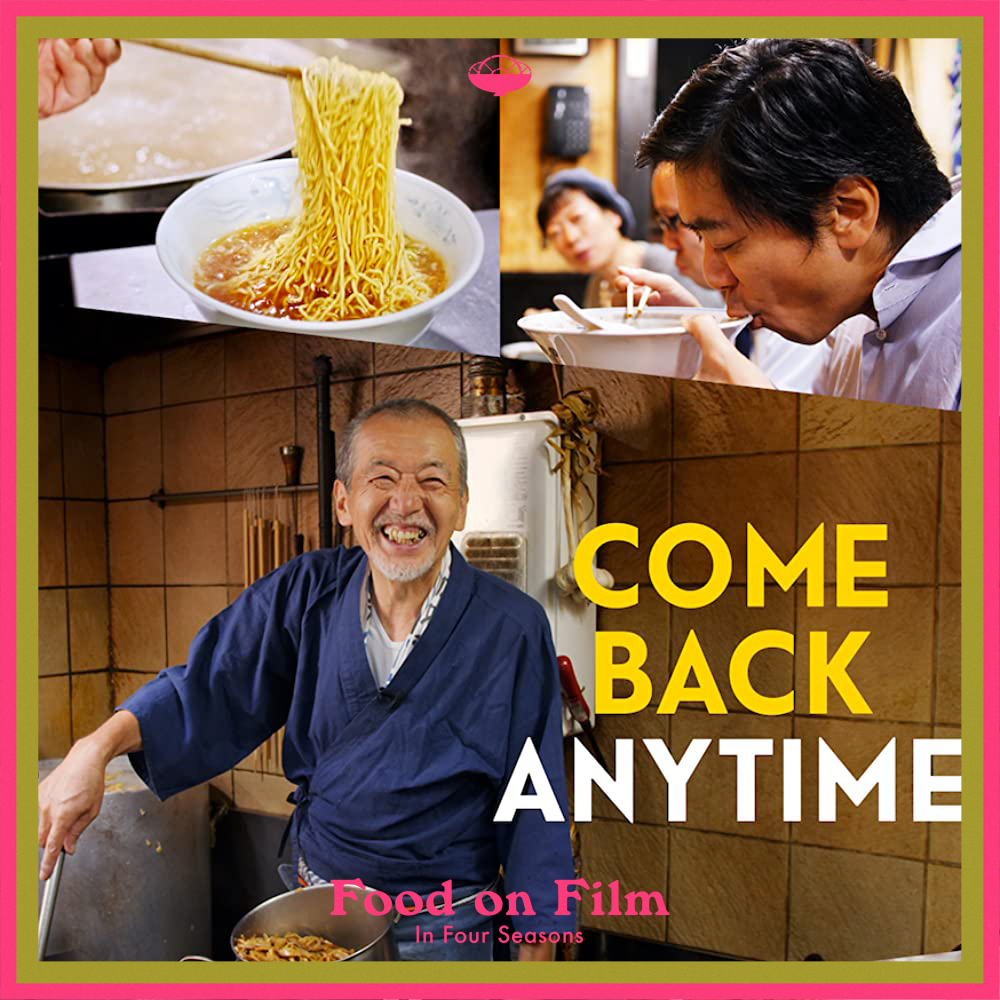
In the winter season we look at taste – as a sense, a preference and an identity marker to explore the ways in which food and eating are not only sensory, but also social.
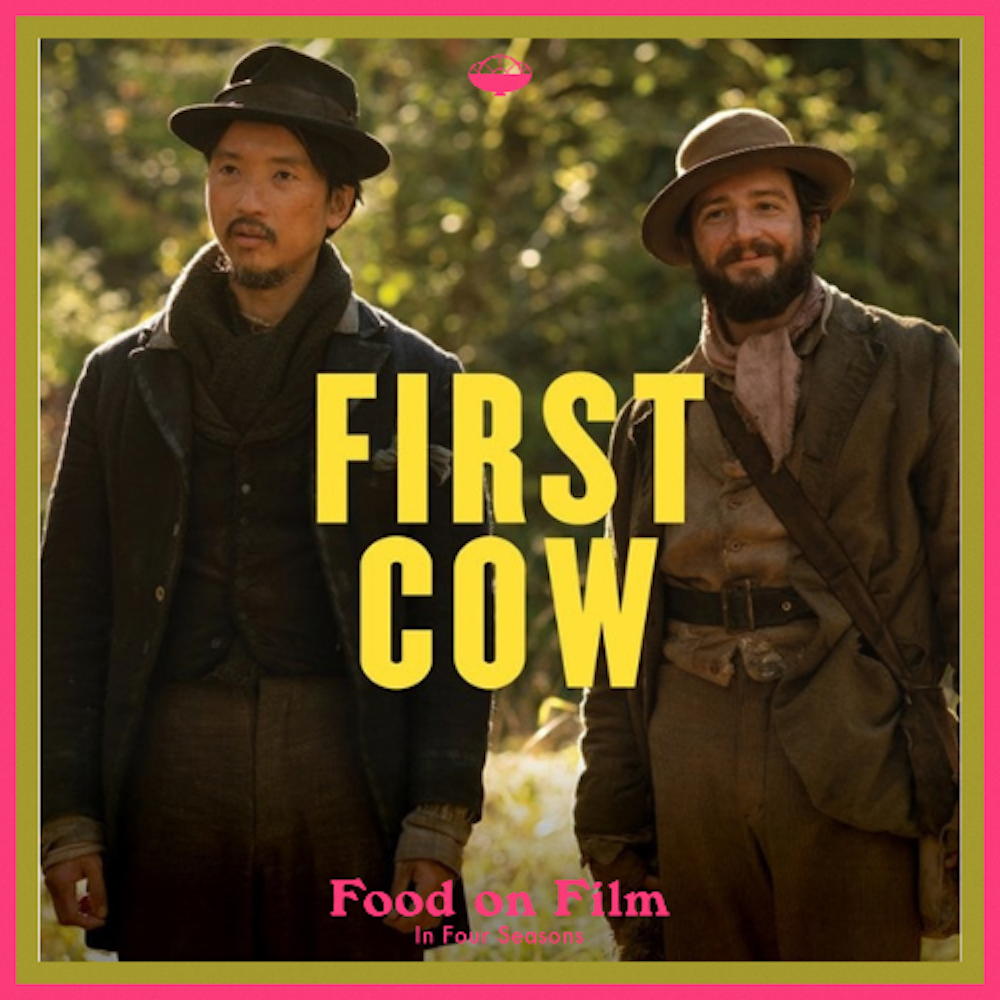
From a shaving of truffle to a dash of cream, the perfect ingredient can go a long way in making a good dish. In the autumn season we focus in on two ingredients – fungi and milk – to see how each has shaped people’s lives and livelihoods.

In the summer season we look at the relationship between food growers and land from two different perspectives.
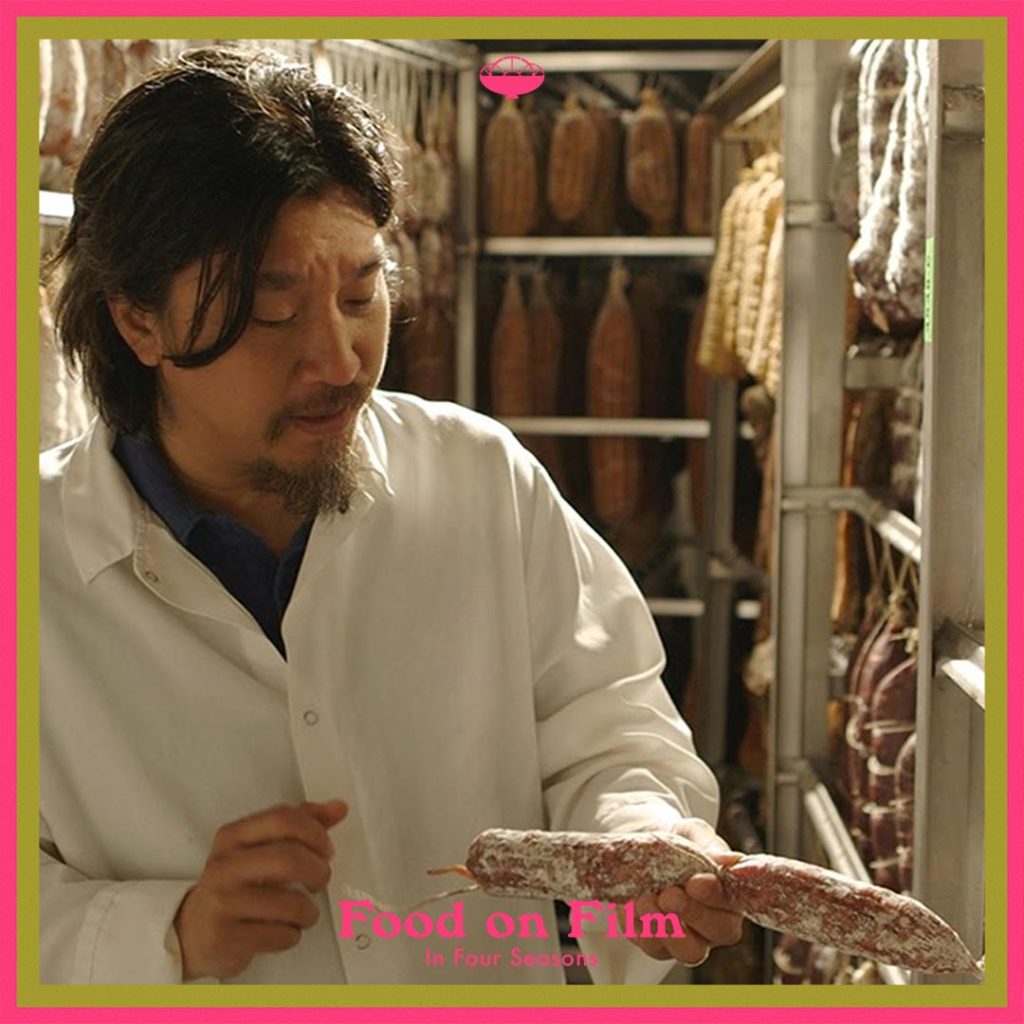
As one of the oldest commodities in the world, food has long been a vital way for people to make a living, but it isn’t always easy. In this season we look at livelihoods through the lens of a chef in 18th century pre-Revolution France, a host of contemporary US pickling and fermenting enterprises, and a group of women in post-war Kosovo who set up a food business in the face of considerable opposition.